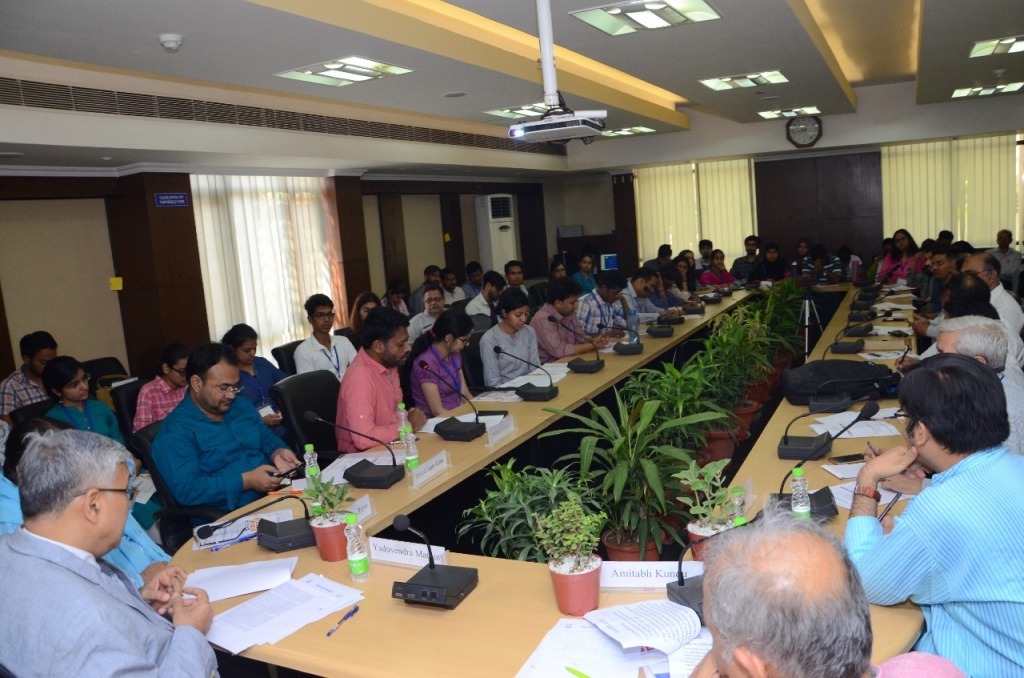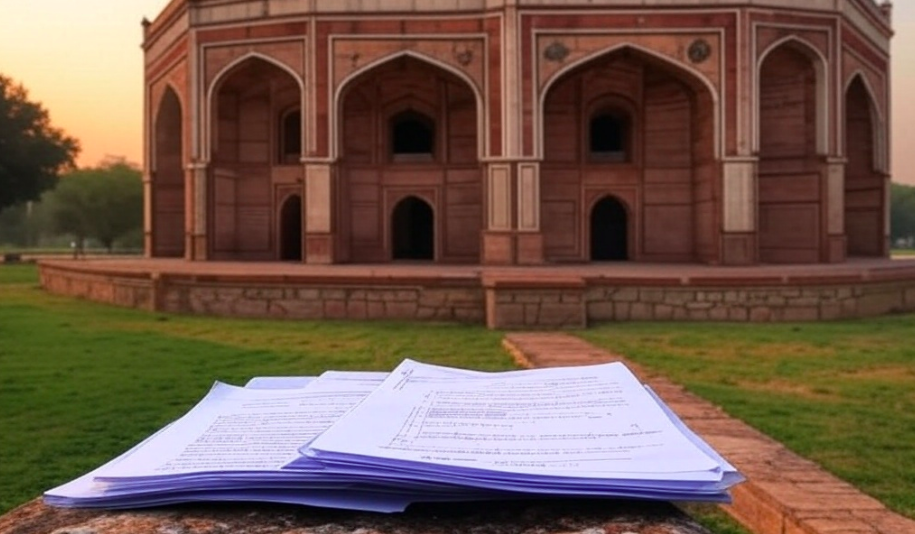BeyondHeadlines News Desk
New Delhi: Proper, steady and dynamic implementation of the Sustainable Development Goals 2030, as pronounced by UNO, would lead to faster and inclusive development in India, eminent development experts said at a national symposium, jointly organized by the Department of Economics, Jamia Millia Islamia and Institute of Policy Studies and Advocacy. However, many of them apprehended that inadequate effort since the declaration of the SDGs in 2016 may cause undesired shortfalls in achieving the designated targets.
Experts from NITI Aayog, Oxfam, National Foundation for India, Jawaharlal Nehru University, Jamia Millia Islamia, Ambedkar University, Delhi, Centre for Budget and Governance Accountability, Public Health Foundation of India, Giri Institute of Development Studies Lucknow, ICRIER, BARC Jaipur, AARDO and other institutions addressed the symposium.
More than 100 research scholars, development workers, media persons and youth leaders participated in the symposium.
Representing the nodal agency on the SDGs in India, Yaduvendra Mathur, Special Secretary Knowledge (Innovation Hub) at NITI Aayog, highlighted in his inaugural note the importance of real-time data generation and their faster dissemination for an effective way to monitor and execute the desired goals of their implementation.
Distinguished Fellow at Research and Information System for Developing Countries, Professor Amitabh Kundu felt the need for a deeper understanding of the asymmetrical development in India and mentioned about the existence of multi-dimensional deprivation as regards poverty, health and education and of certain pockets and communities. He also pointed out that educational and health disparities are far more serious in India than the economic ones.
Ambitabh Behar, the CEO of Oxfam India, remarked that the SDG targets may require a proactive political leadership for their due and timely achievement. He said India still needed a monitoring framework, voluntary periodic reporting on the progress and holistic consideration of the targets rather than working on some selective ones.
At the end of the inaugural session, a study report of Institute of Policy Studies and Advocacy “Sustainable Development Goals: Issues and Challenges of Implementation in Uttar Pradesh” and a CD of E-Journal of the Department “Eco–insight” prepared by the students of Department of Economics, JMI was also released.
Among others who spoke included Professor Halima Sadia Rizvi, Head Department of Economics, Jamia Millia Islamia; Professor Santosh Mehrotra, JNU; Radhika Madhur, Senior Program Officer SDGs, National Foundation for India; Ajay Jha, Director Pairvi; Dr Protiva Kundu, Senior Research Officer, CBGA; Dr Nesar Ahmad, Director Budget Analysis Rajasthan Centre; Dr Ali Mehdi, Project Lead, ICRIER; Kaushik Ganguly, Senior Program Manager, Public Health Foundation of India; Dr Somik Chowdhury, Ambedkar University; Triranjan Radhakrishnan, Oxfam India; Annie Namla, Wada Na Todo Abhiyan; Dr Manjur Ali, Giri Institute of Development Studies; Dr Asheref Illiyan, Department of Economics, Jamia Millia Islamia, Dr Jawed Alam Khan, Advisor IPSA and Abdul Rashid Agwan, President IPSA contributed their views during different sessions.
In the valedictory session, certificates were distributed to the participants after the address of Dr Manoj Nardeo Singh, Assistant Secretary-General Secretary, African-Asian Rural Development Organisation.









